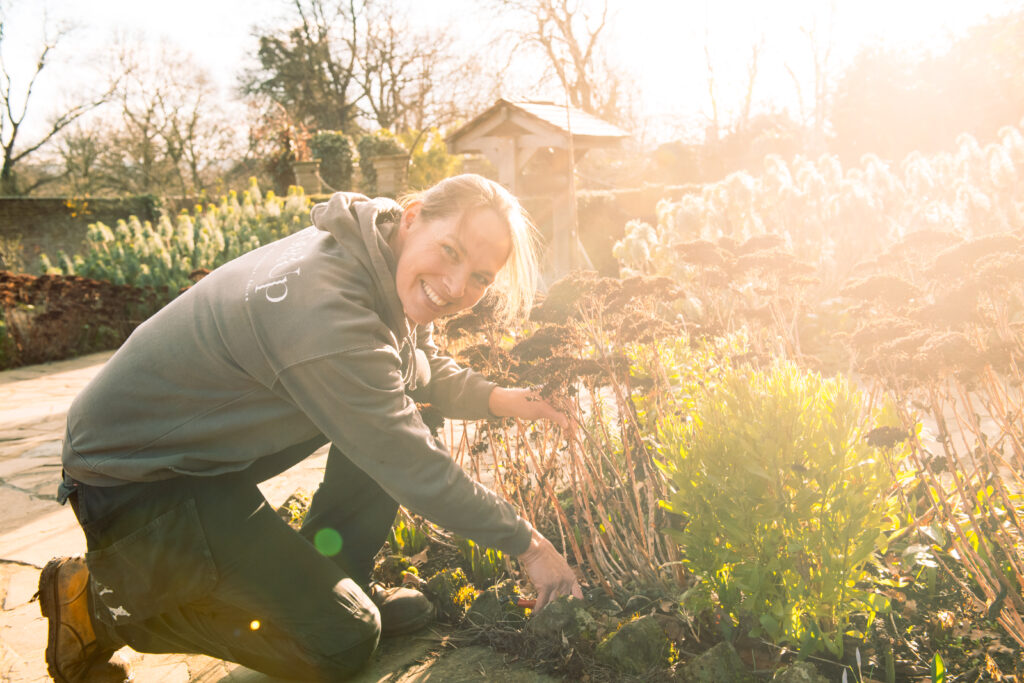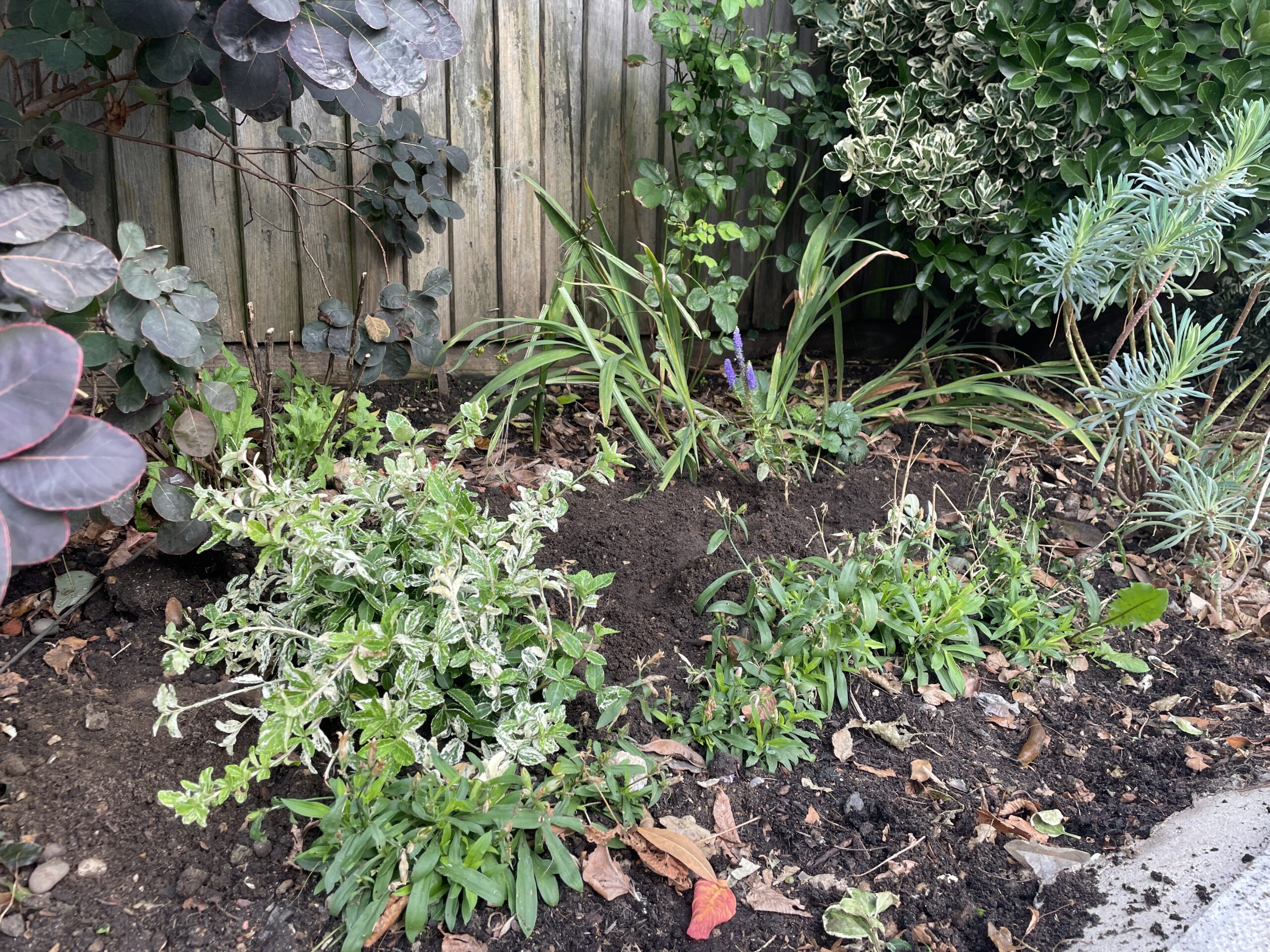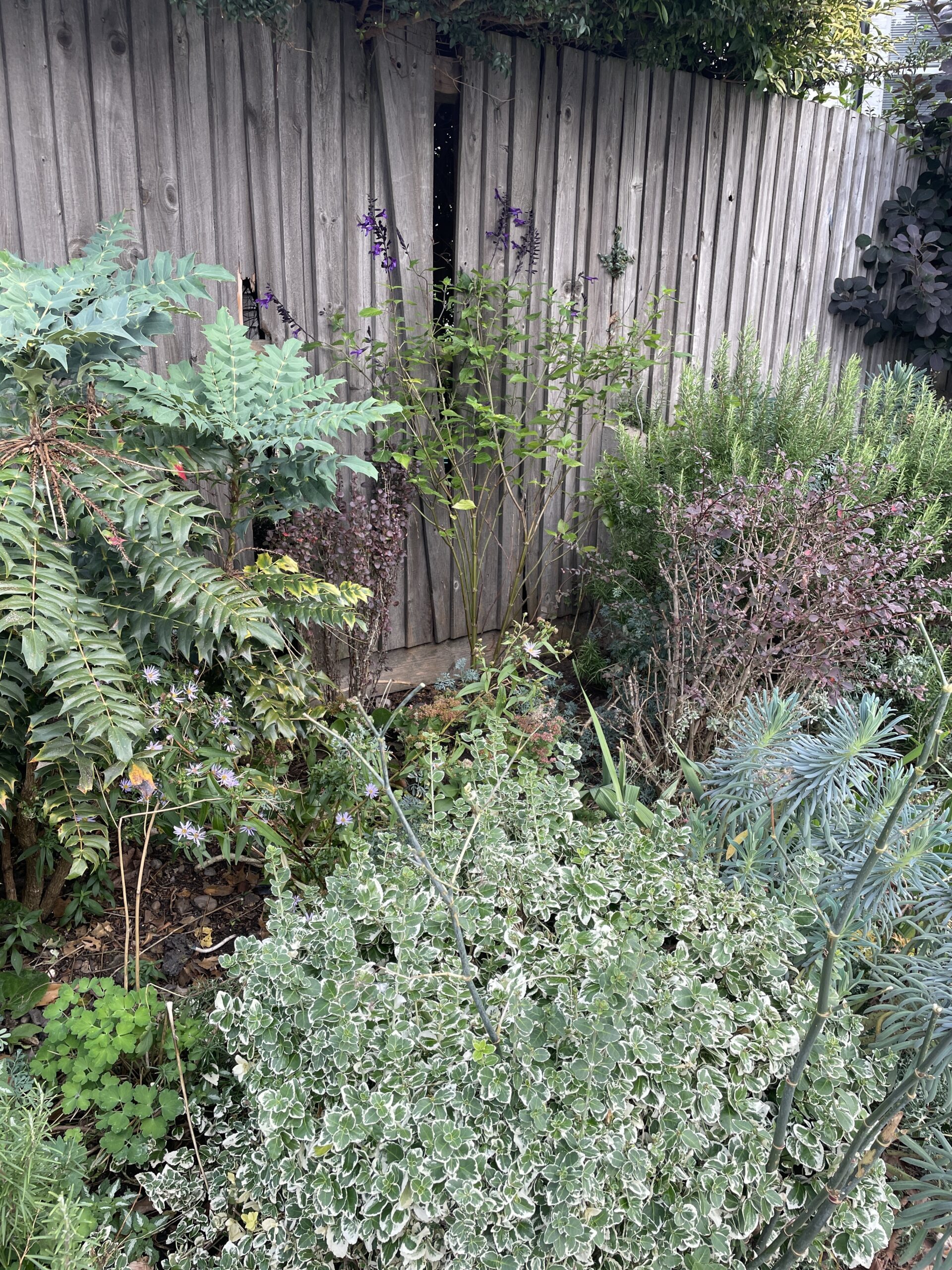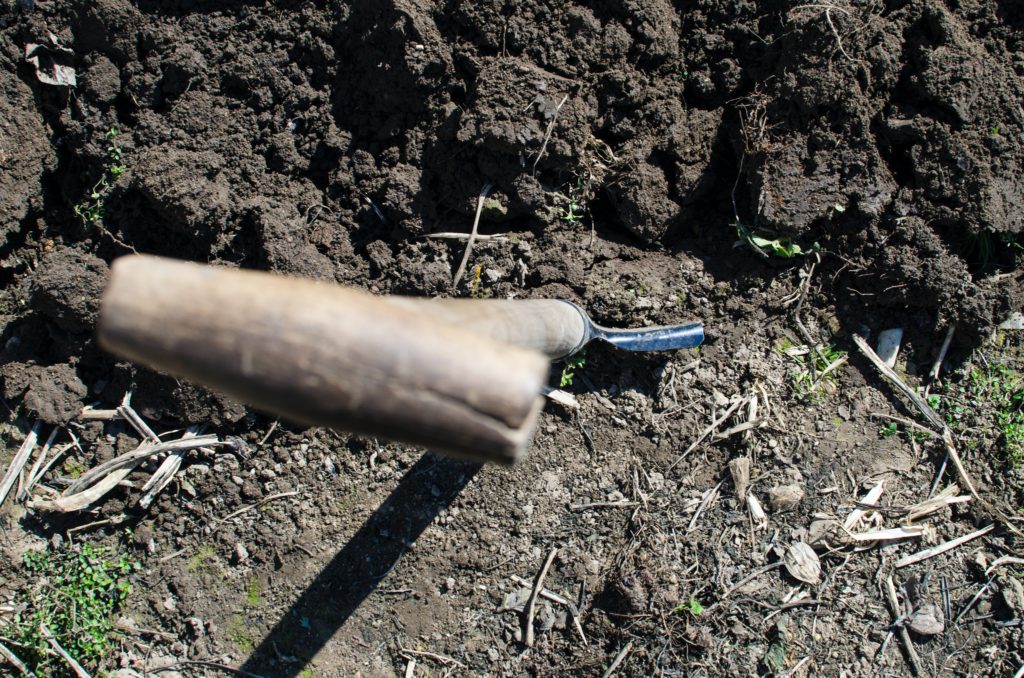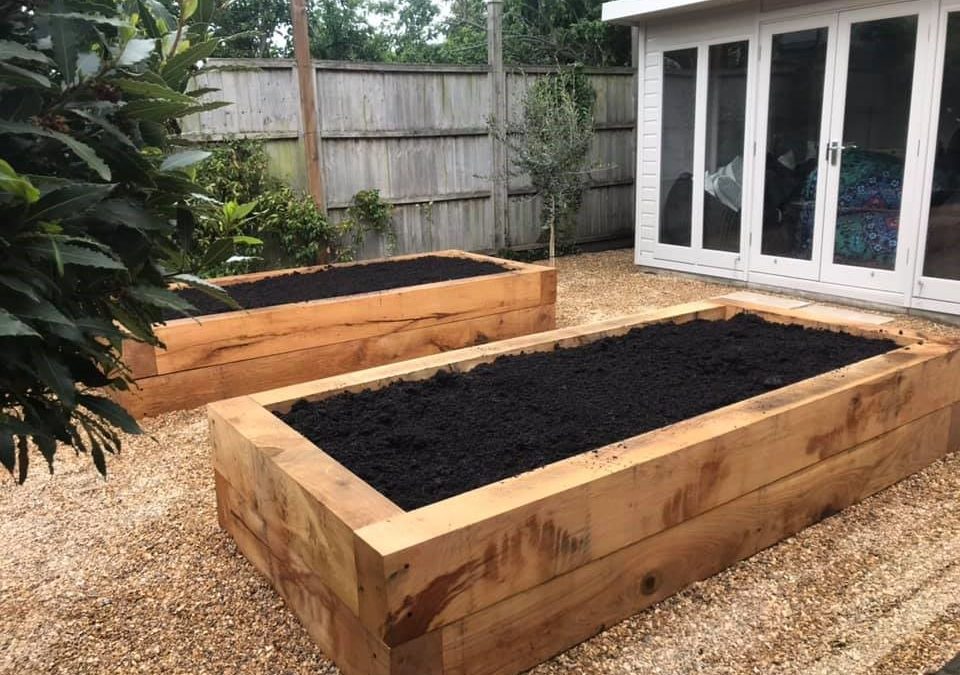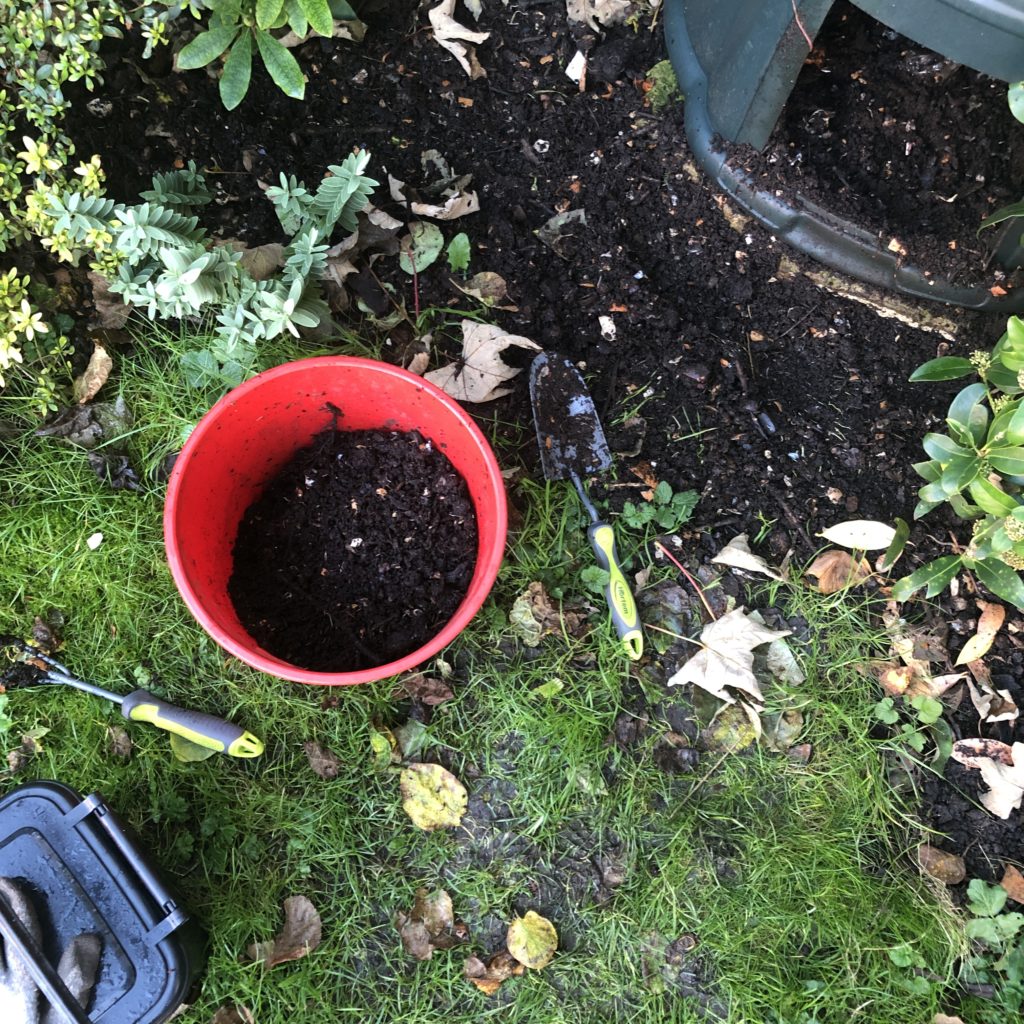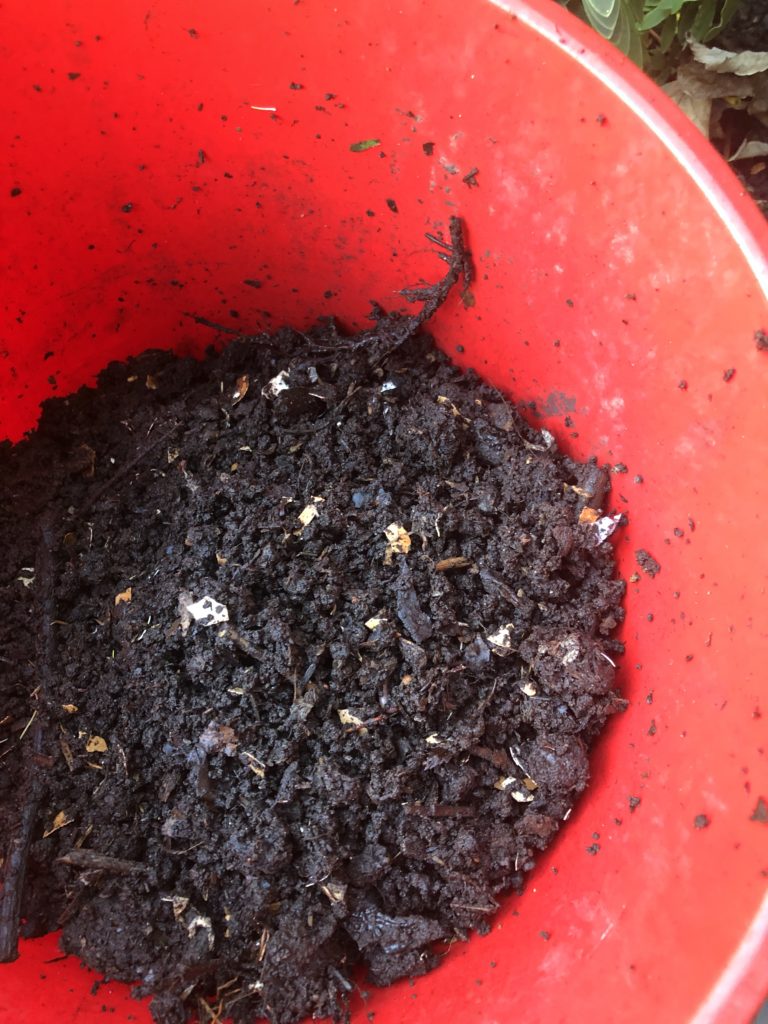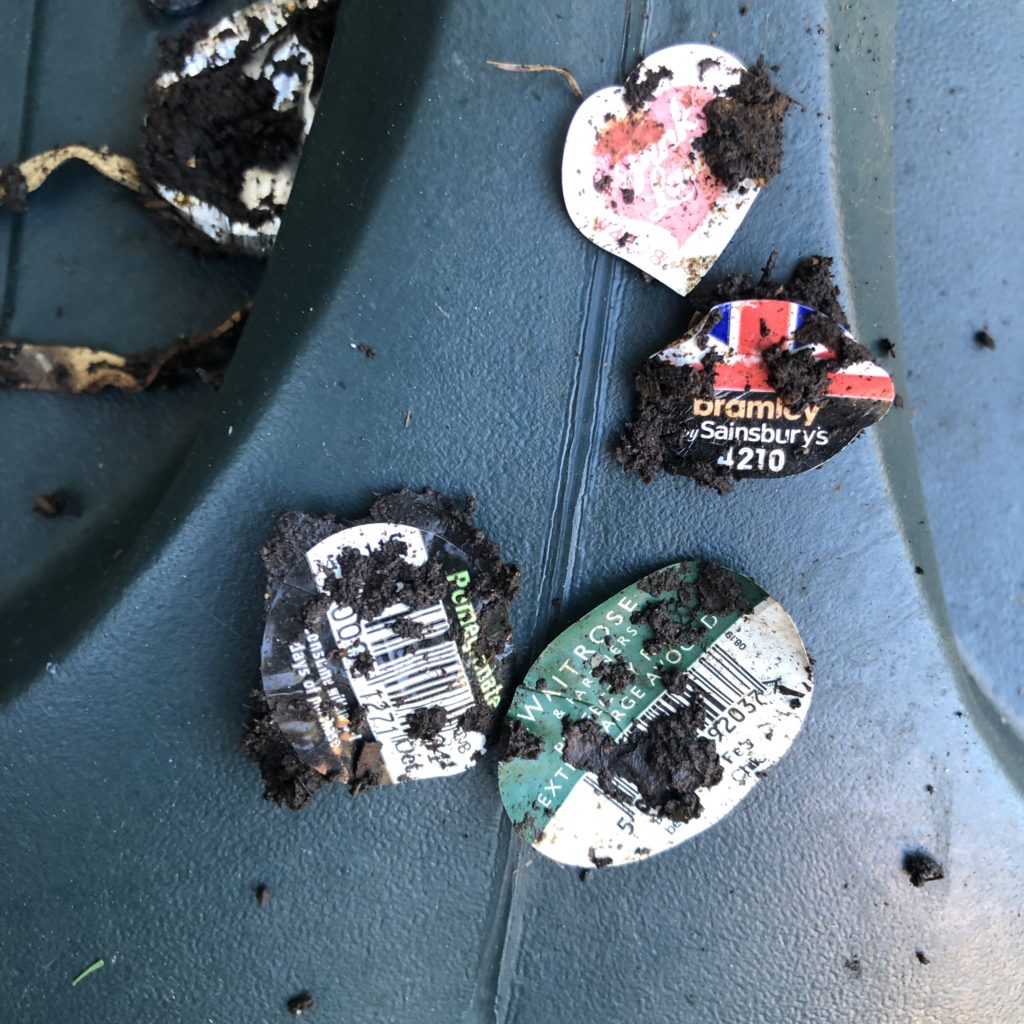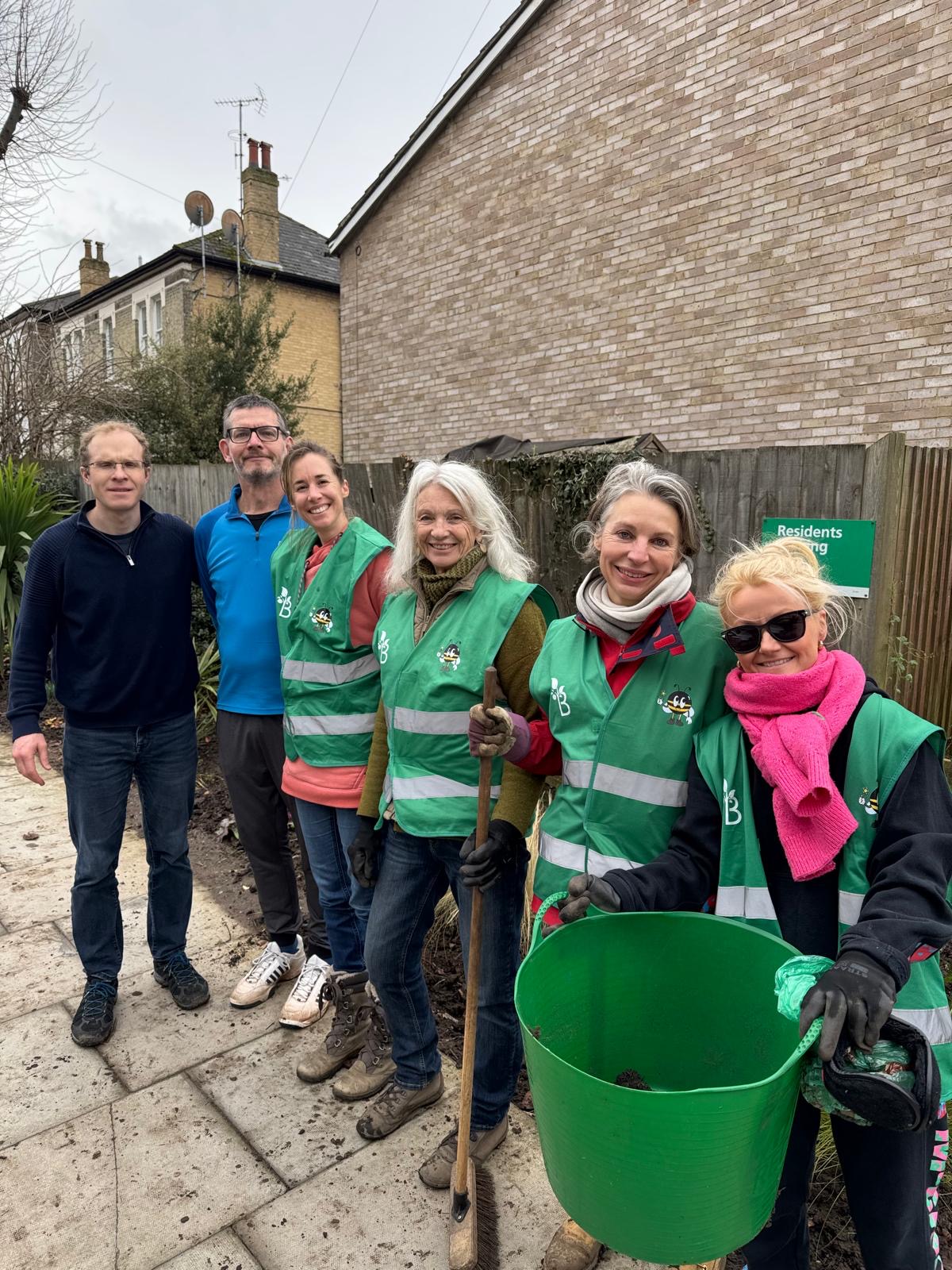
Planting along Endlesham Road has steadily progressed since our first intervention
back in October 2024. The students from Hornsby House Primary School have been
a huge help in clearing the plot of weeds and turning the soil but also in watering the
plants. As some of you may have noticed, rainfall has been limited this spring and
consequently the plants have struggled to mature, and watering is essential. The
student’s boundless enthusiasm in getting stuck into the various tasks is a joy to
watch and they’ve become learned gardeners. With a couple more weeks before the
beginning of the summer holidays, we aim to add more plants, compost, and make
sure the plants get plenty of water.
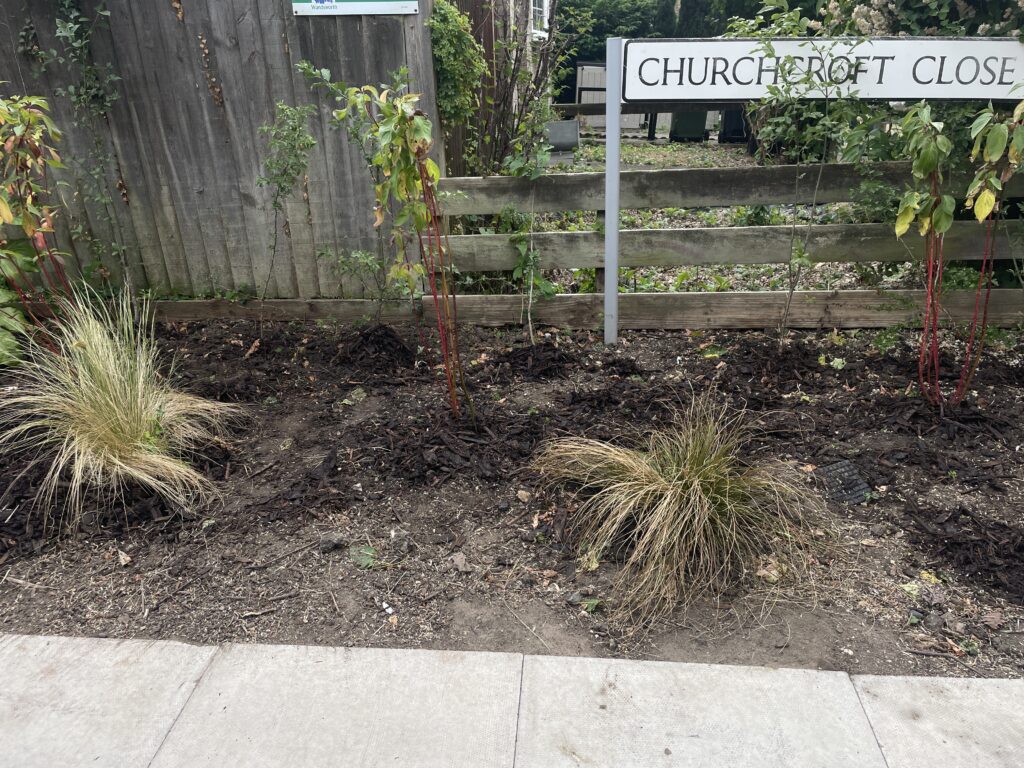
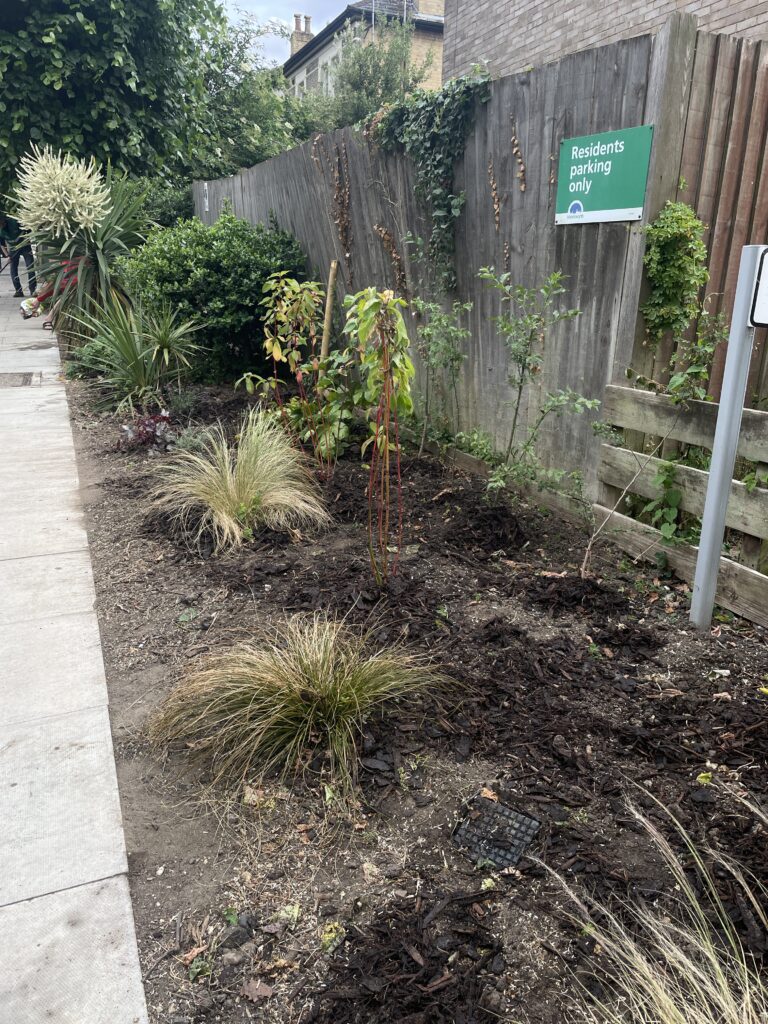
The idea is to create green stepping stones along our streets and allow insects to
travel between the larger green spaces such as Wandsworth Common and Tooting
Common. It’s also a fabulous way for children to learn about plants and the complex
networks of roots, mycelium, worms and other underground organisms. Students are
often a little fearful on their first visit to the plot but by the end of one session most of
them are happy to hold a worm.
Planting along these forgotten spaces in Balham is also a wonderful way to beautify
the streets that are often paved and bare. We’re fortunate to have plenty of green
front gardens in the area but more flowers, hedges and meadows adds biodiversity,
and a real sense of community & pride in the area. If you would like to participate
in planting in other forgotten corners of Balham, do get in touch with us.
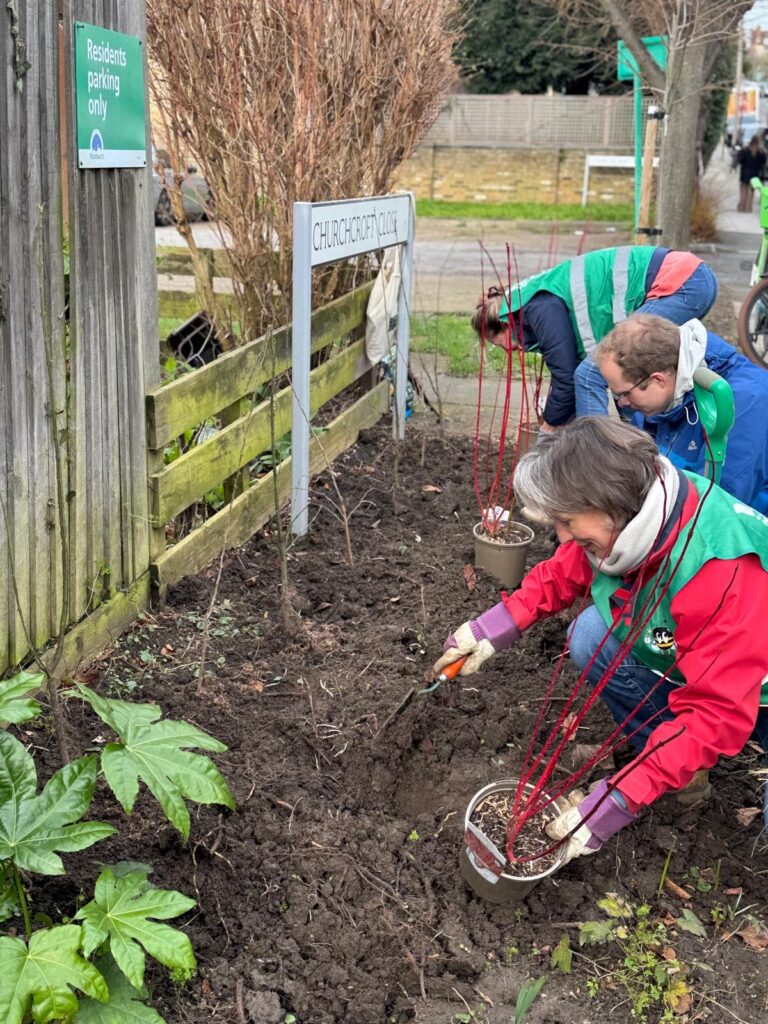
Lastly, if you happen to be walking along the Endlesham Road plot over the summer months
and notice the plants are looking a little sad, please water them. Our team won’t be
able to tend to the plot on a weekly basis, so a little helping hand will go a long way.
The Beautify Balham Team

